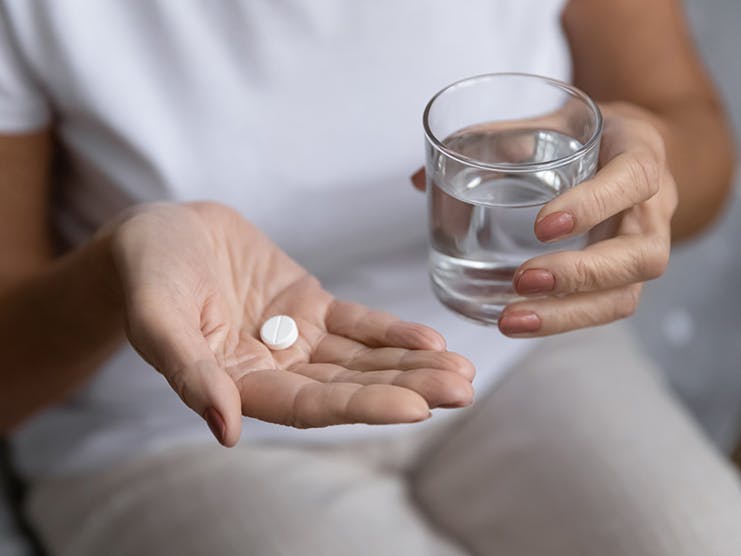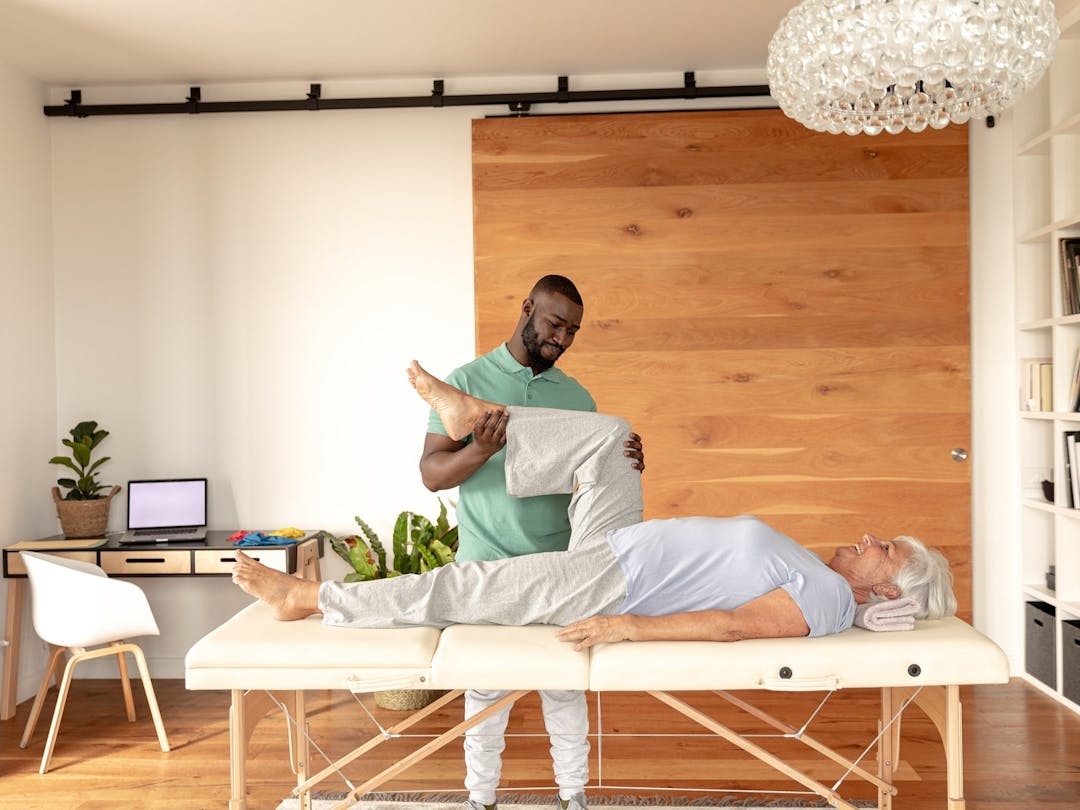
Every year, more than 1.5 million Americans have a stroke or heart attack.
For years, older adults have been advised to take a daily low-dose aspirin as a safe way to prevent heart attacks and stroke. In fact, in 2019, more than 45% of Americans over the age of 70 reported taking a daily dose of aspirin.
But in April, the U.S. Preventive Services Task Force changed its tune, stating that adults 60 years and older should not start taking aspirin to lower their risk of a first heart attack or stroke.
Confused? You’re not alone.
What the new guidelines mean
Compared to the old guidelines, the new recommendations are far more specific about who should take a daily aspirin. You should take one if:
- You’ve had a stroke or heart attack in the past
- You’ve had stents placed in your arteries
- You’ve been diagnosed with atrial fibrillation
Furthermore, you may want to consider taking a daily aspirin if you are between the ages of 40 to 59 and are at 10% or higher risk of heart disease over the next 10 years. You can use this 10-year risk calculator found on the American College of Cardiology website. Ask your doctor whether you would benefit from daily aspirin based on your results.
If you don’t fall into these risk categories, you should not start taking a daily low-dose aspirin as a means of prevention. This is especially the case if you are at high risk for bleeding. Aspirin thins the blood, which helps to prevent clotting, the cause of most strokes and heart attacks. But aspirin also puts people at a greater risk of stomach ulcers or other internal bleeding issues.
"The task force recommends a discussion with the doctor to see if the benefits outweigh the risk,” Dr. Shlee Song, director of the Comprehensive Stroke Center at Cedars-Sinai in Los Angeles, told HealthDay.
If a doctor in the past recommended daily low-dose aspirin, don’t stop taking it until you have talked to them.
Other ways to reduce your risk
Some risk factors for cardiovascular disease can’t be changed, such as your genetic makeup and medical history. But there are things you can do that can make a big difference in your overall risk:
- Exercise. Regular physical activity not only feels good, it reduces the risk of heart disease and stroke. Whether it’s going out for a brisk walk or hitting a Zumba class, getting your heart rate up and moving your body is always a great idea. Doctors recommend 150 minutes per week, or 30 minutes most days.
- Quit smoking. Smoking causes plaque to build up in your arteries. This puts you at significant risk of cardiovascular disease. Compared to non-smokers, smokers are two times more likely to have a heart attack or stroke, and are two times more likely to die from them.
- Eat a balanced diet. A diet filled with vegetables, fruits, lean meats, and whole grains will reduce your risk of cardiovascular disease.
- Manage stress. Stress increases your risk of high blood pressure. High blood pressure can damage your arteries, which can in turn block or prevent blood flow.
- Maintain a healthy weight. Being overweight increases your risk of high blood pressure and diabetes, which can lead to heart attack and stroke. Try to eat a balanced diet and exercise for at least 30 minutes a day to maintain a healthy weight.
- Stay on top of blood pressure and cholesterol. Talk to your doctor about medications to manage high blood pressure and cholesterol if lifestyle changes aren’t enough.
If you’re concerned about your risk of heart attack or stroke, be sure to talk to your doctor about the various changes you can make to your lifestyle or medication regimen.
Additional resources
ASCVD Risk Estimator
External Website Link
Heart Disease Facts
External Website Link
Stroke Facts
External Website Link
6 Ways to Prevent Heart Disease
Internal Website Link
How to Act F.A.S.T. When Someone Is Having a Stroke
Internal Website Link
How Does Medicare Work?
Internal Website Link
Does Medicare Cover Cardiac Stress Tests?
Internal Website Link
Surprising Medicare Benefits To Know About
Internal Website Link
Find a Plan
Internal Website Link


